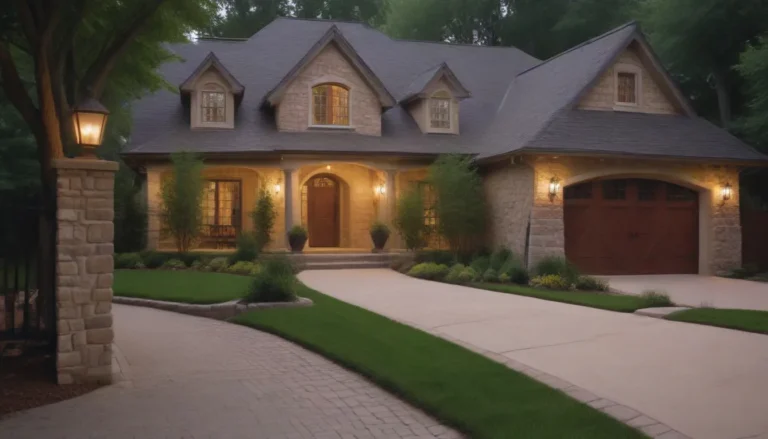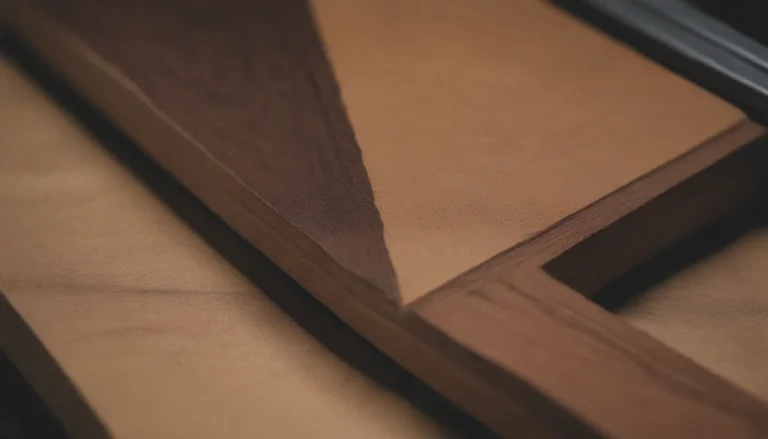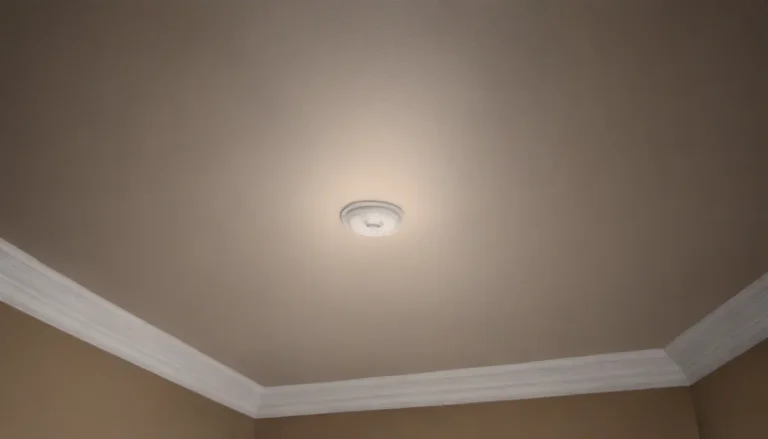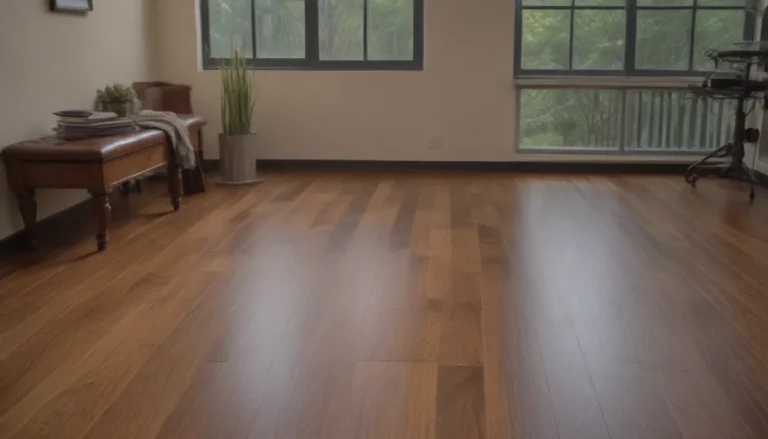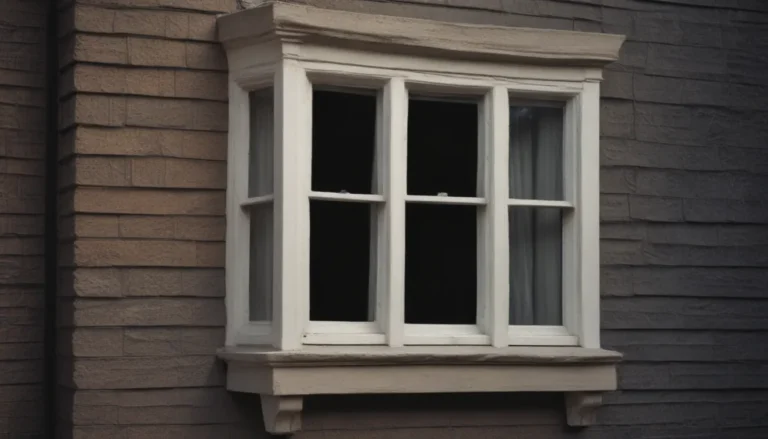The Ultimate Guide to Kitchen Countertops: Making the Best Choice for Your Home
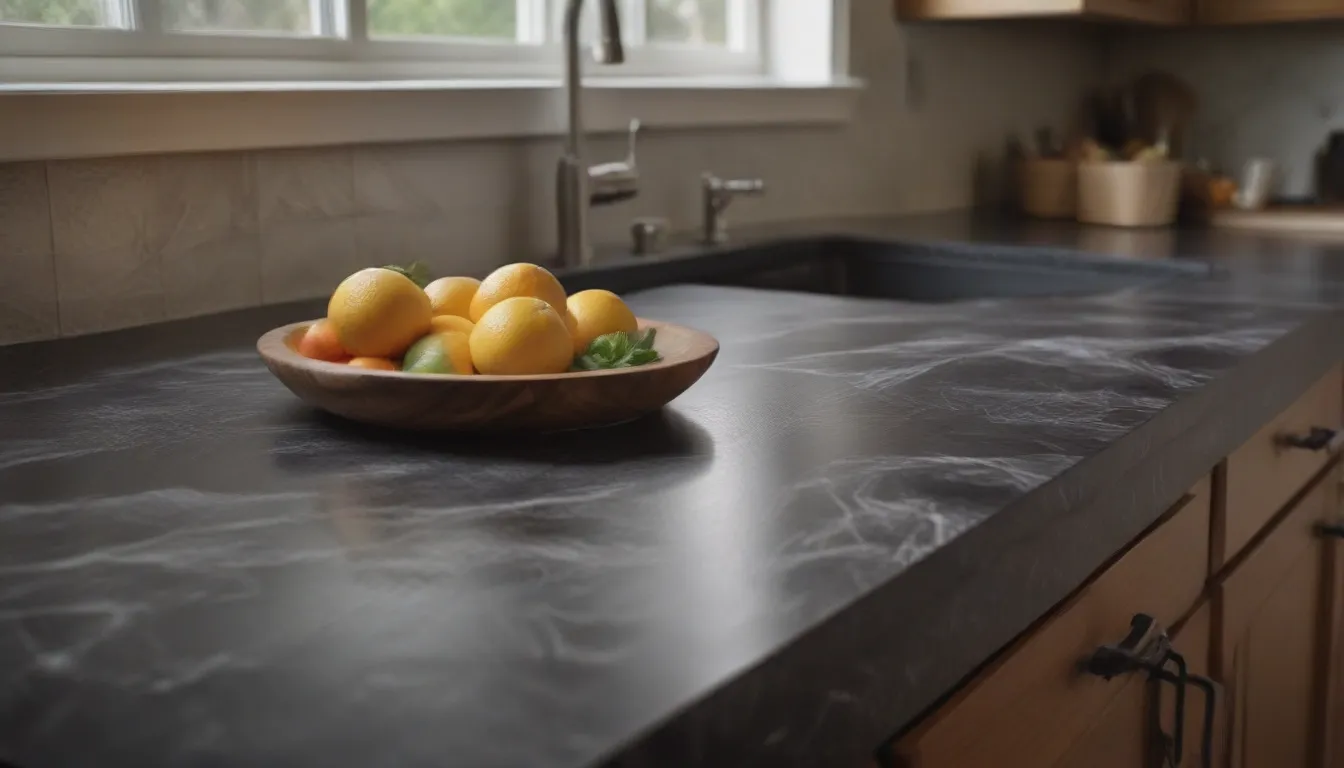
Are you in the market for new kitchen countertops but feeling overwhelmed by the myriad of options available? Don’t worry – we’ve got you covered! In this comprehensive guide, we’ll break down the 13 best types of countertops for your kitchen, delving into their characteristics, benefits, drawbacks, and maintenance requirements. Whether you’re a seasoned chef looking for a durable work surface or a design enthusiast seeking a stylish statement piece, there’s a countertop material out there for you. So let’s dive in and explore the world of kitchen countertops together!
Quartz (Engineered Stone)
Engineered stone quartz is a top choice for homeowners looking to balance cost-effectiveness with a luxurious appearance. Composed of about 90 percent quartz particles, this material is highly durable and resistant to staining. With a wide range of colors and patterns available, quartz allows you to customize your kitchen to suit your aesthetic preferences. Easy to clean and maintain, quartz is also resistant to mold, mildew, and bacteria. However, it’s important to note that direct sunlight can cause fading, so consider the layout of your kitchen before choosing quartz. If you’re concerned about heat damage, quartzite is a similar option with better heat tolerance and natural markings that can hide any imperfections.
- Easy to clean and maintain
- Resistant to mold, mildew, and stains
- Wide variety of color options
- Vulnerable to heat damage
- Susceptible to scratches
- Can fade under direct sunlight
Granite
Granite countertops are a classic choice known for their durability and heat resistance. While granite may come at a premium price, its longevity and stunning finish make it a worthwhile investment for many homeowners. With proper care, a granite countertop can last for decades. Keep in mind that granite is a porous natural stone, so regular sealing is necessary to maintain its integrity. Despite its heavy weight and difficulty of installation, granite remains a top choice for those seeking a strong, long-lasting countertop option.
- Resistant to heat and abrasion
- Strong and durable material
- Many colors and patterns available
- Requires regular sealing
- Heavy and difficult to install
Soapstone
If you’re looking to avoid stains and prefer a unique, antiqued appearance, consider soapstone for your kitchen countertops. This non-porous natural stone is resistant to heat and bacteria, though it can be susceptible to scratches and dents. Damage to the soapstone can actually enhance its patina over time, creating a one-of-a-kind look for your kitchen. With a range of color options available, including shades with blue or green undertones, soapstone offers a distinctive and low-maintenance choice for your home.
- Unique veining and color patterns
- Non-porous, resistant to heat and stains
- Patina can create an antique appearance
- Requires mineral oil treatment
- Vulnerable to scratches
- Surface is vulnerable to abrasive damage
Marble
For a high-end, aesthetically appealing countertop option, marble is a luxurious choice that adds sophistication to any kitchen. With a wide range of colors and unique marble veining patterns, marble countertops offer a truly distinctive design element. Resistant to heat, cracking, and breaking, marble can withstand the test of time with proper care. However, marble is vulnerable to scratching and staining, so regular sealing and maintenance are essential to preserve its beauty.
- Resistant to heat, cracking, and breaking
- Attractive material with unique marble veining
- Durable, long-lasting material
- Vulnerable to scratches and staining
- Requires regular sealing and maintenance
- Premium priced
Solid-Surface Material
Solid-surface material is a cost-effective alternative to natural stone countertops, offering a wide range of colors and patterns to choose from. Resistant to stains and featuring nearly invisible seams, solid-surface material is a versatile option for homeowners seeking a middle-tier countertop solution. While it may not be heat resistant and is vulnerable to scratches and dents, solid-surface material provides a durable and attractive surface for your kitchen.
- Resistant to staining
- Seams are virtually invisible
- Available in many colors and patterns
- Moderately expensive
- Vulnerable to damage from heat
- Susceptible to scratches and dents
Ceramic Tile
Although more commonly used in bathrooms, ceramic tile can be a budget-friendly choice for kitchen countertops. With a wide range of colors, patterns, and styles available, ceramic tile allows for customization to suit your design preferences. While ceramic tile is hard, durable, and resistant to heat, the size of each tile can impact the functionality of the countertop, making food preparation more challenging. Keep in mind that ceramic tile is vulnerable to cracking and staining, so regular maintenance is key to preserving its appearance.
- Affordable countertop material
- Relatively easy for DIY installation
- Range of colors and patterns
- Grout is prone to staining
- Tile is vulnerable to cracking
Stay tuned for the next article section where we delve deeper into more exciting countertop options and explore the pros and cons of each. Remember, choosing the right kitchen countertop is an important decision, so take your time to consider all your options before making a final selection. Your kitchen deserves nothing but the best, and with our guide, you’ll be well-equipped to make an informed choice that suits your style and needs.
Remember, your countertops are the centerpiece of your kitchen, so choose wisely to create a space that reflects your unique personality and preferences. Stay tuned for more tips, tricks, and recommendations on how to make the most of your kitchen renovation project!
